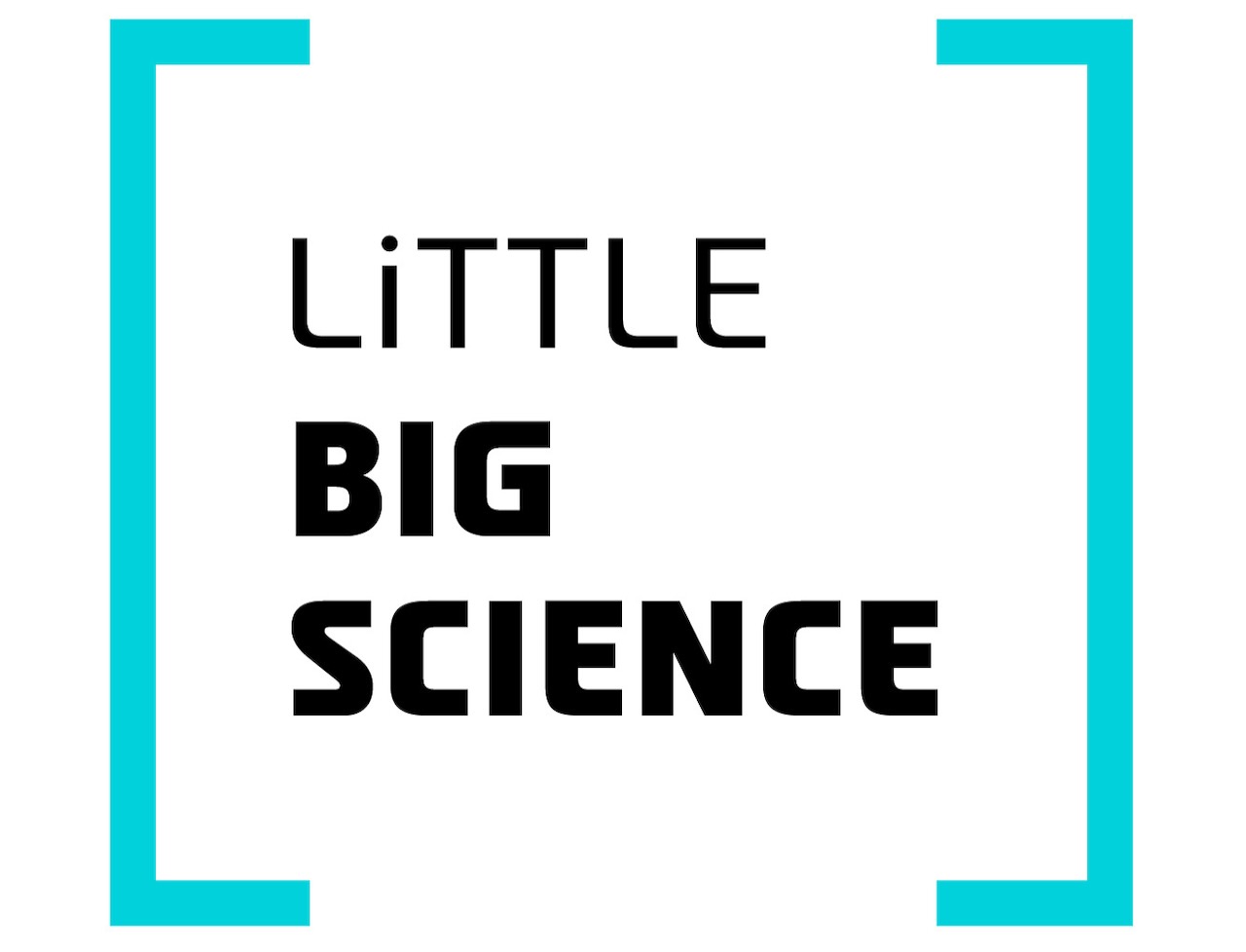
Is there a link between the composition of the maternal gut microbiota and proper embryonic brain development? Do drugs that alter gut microbiota composition also influence embryonic brain development? A new study sheds light on these questions, presenting evidence that bacteria in the mother’s gut secrete molecules that travel through the bloodstream to the embryo’s brain, affecting its development and, consequently, brain function.
Advertisement
Studies conducted over the past decade, mainly in rodents, have shown that the presence of specific microorganisms in the maternal gut is essential for normal fetal development. Examples include formation of the structure that restricts certain molecules from crossing from the bloodstream into the brain (the blood–brain barrier), generation of new neurons, construction of the fatty sheath that coats neurons (myelin), and more. These fetal developmental processes are influenced by bacteria in the mother’s gut and, in turn, affect the offspring’s behavior in adulthood [1]. Behavioral changes include depression, anxiety, and autism [2]. It is still unclear whether maternal gut bacteria affect the fetus only during pregnancy or also afterward, through nursing and maternal contact, because during pregnancy the fetuses are completely sterile, meaning free of bacteria.
A study published in the journal Nature in October 2020 sheds some light on the role of maternal gut bacteria in fetal brain development [3]. Such studies in mice are performed in two different ways: the first uses mice that are raised in completely germ-free conditions. These mice have no bacteria (or viruses or fungi) in their digestive tract, on their skin, or in their reproductive system. They can be raised by cesarean section, after which they are kept in an entirely sterile environment. The second approach uses mice treated with a cocktail of broad-spectrum antibiotics that reduce gut bacterial presence by more than 95%. The research group found that in mice born to mothers that were germ-free or treated with broad-spectrum antibiotics, certain brain regions developed abnormally.
The main defect observed in the fetuses was in the connection between a brain region called the thalamus and the cerebral cortex. It manifested as thinner and shorter neuronal projections between these two regions, reducing the speed and extent of neural signal transmission. The thalamus acts as a “relay station,” mediating sensory and motor input processed in the brain and directing it to appropriate regions in the cortex. In the current study, damage to the thalamus-cortex connection led to behavioral impairments in response to stimuli such as heat, sound, and touch, but did not impair visual information processing or motor coordination.
When the researchers introduced specific bacteria (Clostridium species) into germ-free pregnant mothers, they prevented the brain and behavioral defects in the offspring. Other bacterial species tested did not prevent these defects. Previous studies had shown that maternal gut bacteria release metabolites (small molecules) that enter the maternal bloodstream and reach the fetal brain. Therefore, the researchers analyzed the chemical composition of maternal blood and fetal brains and identified several metabolites derived from Clostridium bacteria. Injecting these metabolites directly into germ-free mothers or into mothers treated with broad-spectrum antibiotics during pregnancy again prevented the offspring’s brain and behavioral impairments.
Many questions remain open; for example, it is still unclear why these particular metabolites drive the process, or why the thalamus-cortex connection is specifically affected. In the future, it may be possible to monitor metabolites originating from maternal gut bacteria to assess their impact on the fetal brain.
This mouse study strengthens the understanding that there is vital crosstalk between maternal gut bacteria and the developing fetal nervous system. The implications for pregnant women are that the composition of their gut microbiota may influence fetal development, although such a link has not yet been demonstrated in humans.
English editing: Elee Shimshoni
References:
- Effects of gut bacteria on brain development – The Central Nervous System and the Gut Microbiome
- Effects of gut bacteria on behavior – The Role of Diet in Maintaining Strong Brain Health by Taking Advantage of the Gut–brain Axis
- Subject article of the post – The maternal microbiome modulates fetal neurodevelopment in mice







